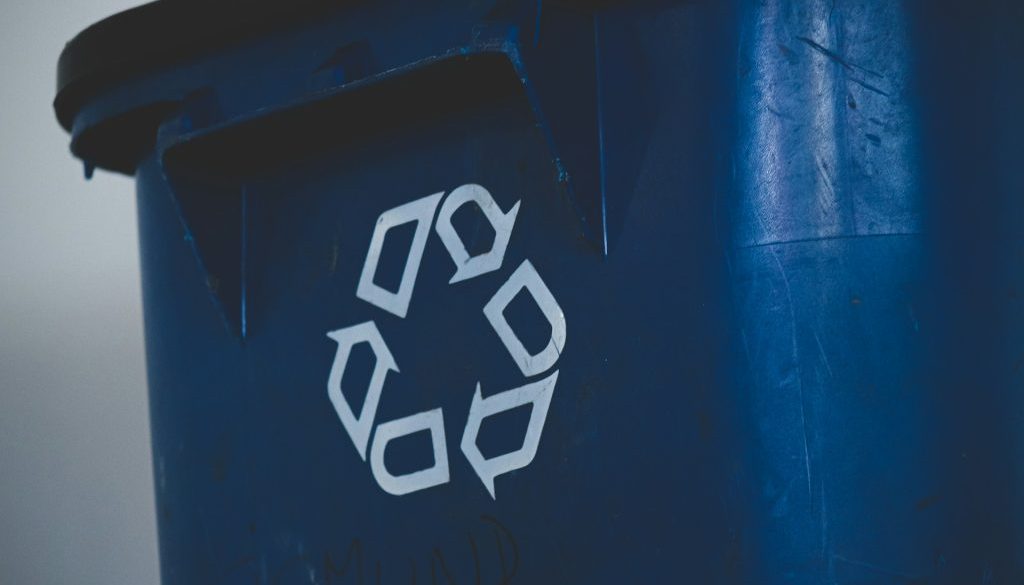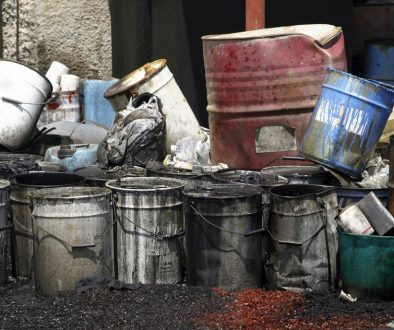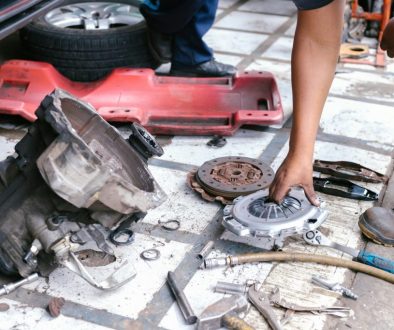Skip hire regulations are essential for maintaining safety, efficiency, and environmental protection in waste disposal operations. These rules help ensure that skips are used correctly, prevent potential hazards, and minimise negative impacts on our environment. Understanding and complying with these regulations is crucial for anyone hiring a skip, whether for home renovation projects, construction sites, or garden clean-ups.
Regulations around skip hire are designed to manage everything from the placement of skips on public roads to the type of rubbish that can be disposed of. These guidelines not only protect the public and workers but also help preserve local communities and ecosystems. By adhering to these rules, we can contribute to a cleaner and safer environment, reducing the harm caused by improper waste management.
Navigating the landscape of skip hire regulations might seem daunting, but it’s a necessary step to ensure that we handle waste responsibly. Without proper adherence to these guidelines, there’s a risk of fines, legal issues, and environmental damage. By understanding the importance of these regulations, we can appreciate their role in fostering sustainable and safe waste disposal practices.
The Role of Regulations in Skip Hire Services
Regulations play a crucial role in skip hire services by ensuring that all operations are carried out safely and responsibly. These rules cover various aspects, from where skips can be placed to how they should be filled and transported. By adhering to these regulations, we help prevent accidents and protect both workers and the general public. For instance, rules about proper skip placement ensure that skips do not obstruct traffic or pedestrians, reducing the risk of accidents.
Furthermore, regulations help prevent environmental harm. They dictate what types of rubbish can be placed in skips, ensuring that hazardous materials are handled separately and disposed of correctly. By following these guidelines, we minimise the risk of contaminating the environment with harmful substances. Regulations also encourage the recycling of materials, helping to conserve natural resources and reduce landfill waste. Overall, skip hire regulations ensure that we manage waste efficiently and sustainably.
Key Skip Hire Regulations You Need to Know
Several key regulations govern the use of skips, and knowing these can help ensure compliance and avoid penalties. Firstly, when placing a skip on a public road, you will need a permit from the local council. This permit guarantees that the skip won’t cause an obstruction or hazard. Additionally, regulations often require reflective markings and lights on skips placed on roads to increase visibility and prevent accidents, especially at night.
It’s also essential to be aware of the types of waste that can be disposed of in a skip. Hazardous materials such as asbestos, chemicals, batteries, and certain types of electrical waste are usually prohibited. These items require special handling and must be disposed of at designated facilities. Overfilling the skip is another common issue; regulations typically stipulate that skips should not be filled above the rim. This rule prevents rubbish from spilling out during transport, which can pose safety risks and lead to fines.
By understanding and adhering to these key regulations, we help ensure that our use of skips is safe, legal, and environmentally responsible. Compliance with these rules not only protects us from legal issues but also contributes to a cleaner and safer community.
How Regulations Ensure Safe and Efficient Waste Disposal
Regulations in skip hire services ensure that waste disposal is both safe and efficient. By setting guidelines for what types of waste can be placed in skips, these rules prevent hazardous materials from mixing with general rubbish. This not only protects waste handlers but also ensures that toxic substances do not end up in landfills, where they can cause long-term environmental damage. For instance, separating materials like batteries, chemicals, and asbestos from regular waste is crucial to maintaining a safe disposal process.
Moreover, regulations dictate the appropriate procedures for handling and transporting skips, which helps in maintaining public safety. Properly filling and securing the skips prevents rubbish from spilling onto roads during transit, reducing the likelihood of accidents. By streamlining these processes, regulations help us dispose of waste in an orderly and effective manner, ensuring that our communities remain clean and safe.
The Consequences of Ignoring Skip Hire Regulations
Ignoring skip hire regulations can lead to serious consequences, both legally and environmentally. One of the immediate repercussions is the imposition of fines and penalties. Local councils and regulatory bodies take non-compliance seriously, and failing to follow the rules can result in significant financial burdens. For instance, placing a skip on a public road without the required permit can lead to hefty fines and even legal action.
Environmental harm is another major consequence of ignoring these regulations. Improper disposal of hazardous materials can contaminate soil and water sources, causing long-term damage to ecosystems and human health. Overfilled skips or incorrectly disposed waste can also lead to littering and pollution, degrading the quality of our surroundings. By not adhering to regulations, we risk contributing to these detrimental effects, which can be costly and challenging to remedy.
Conclusion
Understanding and complying with skip hire regulations is essential for safe and efficient waste management. These rules play a crucial role in protecting both the environment and public health by ensuring that skips are used and disposed of correctly. By adhering to these guidelines, we can avoid legal issues, minimise environmental damage, and contribute to a cleaner, safer community.
At Enviro Skip Hire, we are committed to helping you navigate the complexities of local skip hire regulations. Our knowledgeable team can guide you through the process, ensuring that your waste disposal needs are met responsibly and in full compliance with the law. Contact us today to learn more about our services and how we can assist you. Together, we can make a positive impact on our environment and community.




